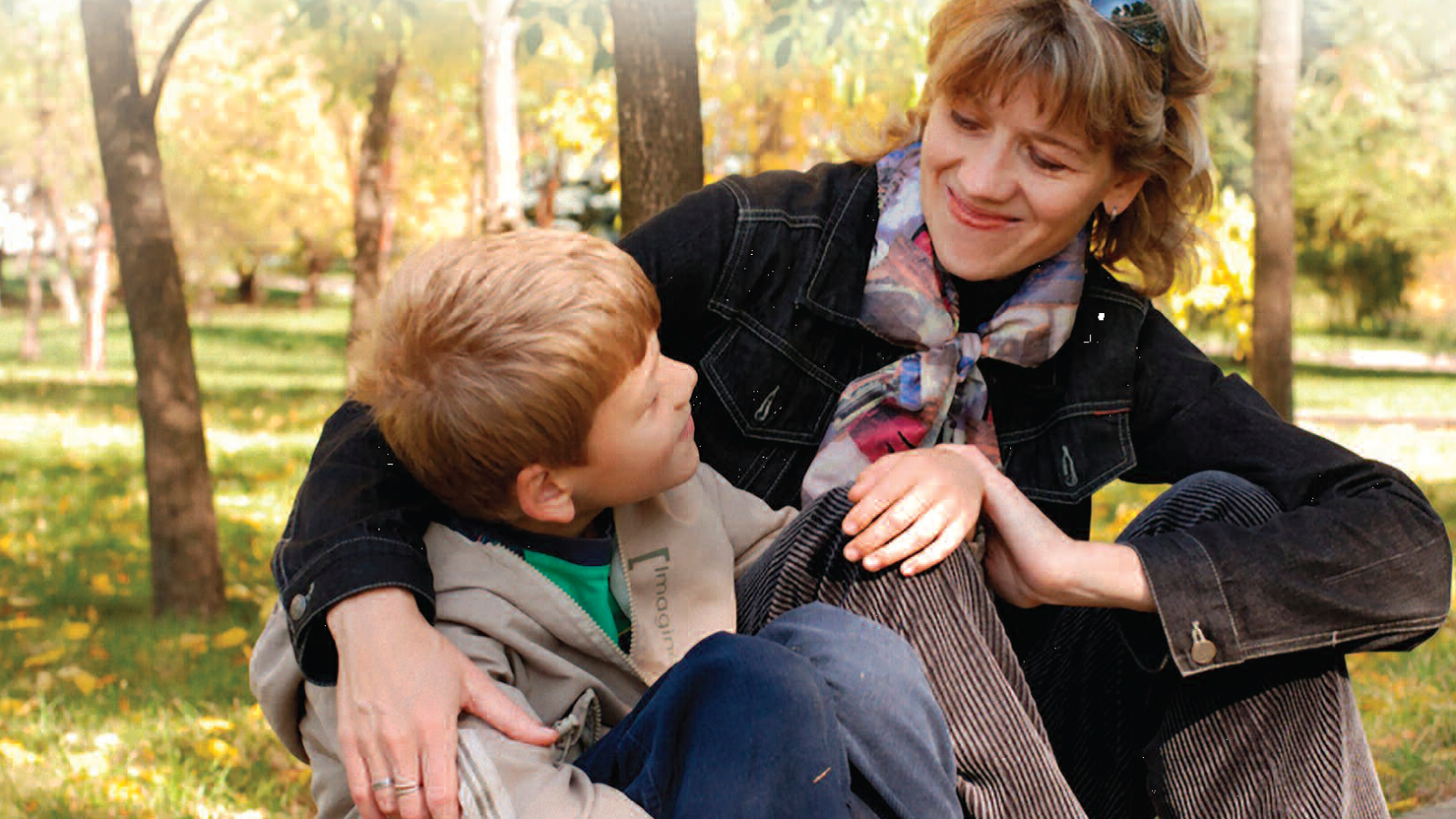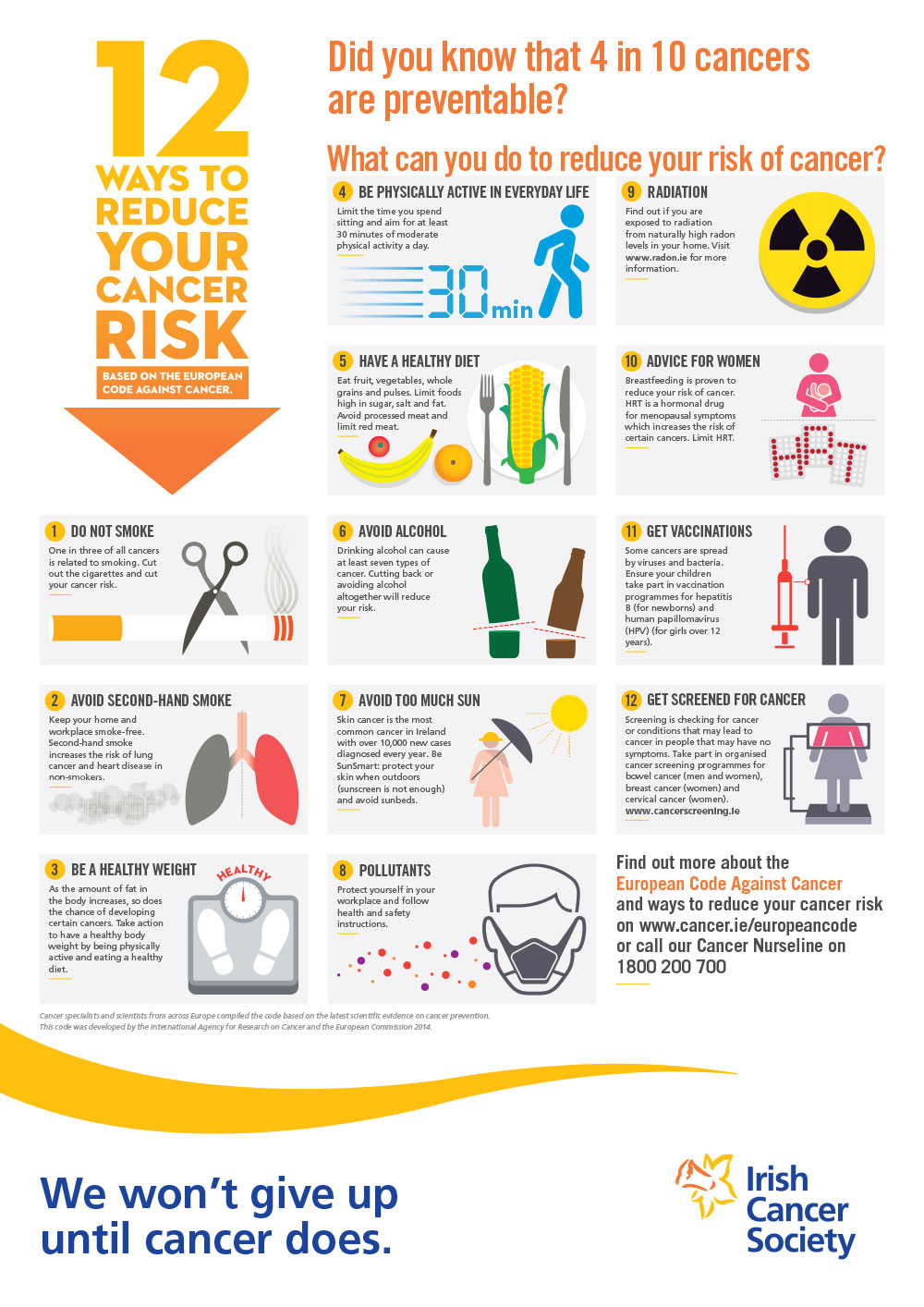What increases my risk of ovarian cancer?

The cause of ovarian cancer is unknown. But there are certain things called risk factors that can increase your chance of developing the disease.
These include:
- Reproductive history: If you have no children or have your first child after the age of 35, your risk is higher. Breastfeeding may lower the risk of developing ovarian cancer. Taking the oral contraceptive pill may also reduce the risk. Research has shown that the longer you take the pill, the more your risk is thought to come down.
- Age: Ovarian cancer usually affects those who have been through the menopause.
- Family history of cancer: If you have two or more close relatives (mother, sister or daughter) who have had ovarian cancer or breast cancer, you may be at a higher risk of the disease. Having relatives with ovarian cancer does not necessarily mean that you have a faulty inherited gene in the family. Faulty genes can lead to ovarian cancer in a very small number of cases - about 5-10%. These include the genes BRCA1 and BRCA2. BRCA1 and BRCA2 are also linked to the development of breast cancer. There is also a very small risk of ovarian cancer if your family have the genetic mutation known as Lynch Syndrome. We have more information on genes and cancer.
Tests can now check for faulty BRCA1 or BRCA2 genes. If you are concerned about a family history of ovarian or breast cancer, visit your family doctor (GP). Read more about cancer and genes.
- Taking HRT: If you take the hormone oestrogen for 5 or more years, your risk of ovarian cancer may be higher. This risk decreases once you stop taking it.
- Fertility treatments: Some research has shown that there is an increased risk of ovarian cancer in women who have fertility treatment. But other studies have found that this is not the case. Fertility drugs are also linked to a higher risk of ovarian cancer.
- Obesity: Several studies have shown that there may be a link between ovarian cancer and obesity.
Having a risk factor doesn’t mean you will definitely get cancer. Sometimes people with no risk factors get the disease. If you’re worried, talk to your GP or talk to one of our cancer nurses. Call our Support Line on 1800 200 700 or visit a Daffodil Centre.
Reducing your risk of ovarian cancer
The following may reduce your risk of ovarian cancer:
- Taking the combined oral contraceptive pill. The longer you are taking it the more your risk is reduced.
- Having children and breast feeding. The more children you have the more your risk is reduced. The reason for this is because when you are pregnant you do not ovulate (release eggs from your ovaries). The fewer times you ovulate over your life time the less chance you have of developing ovarian cancer.
For more information
Phone
1800 200 700



